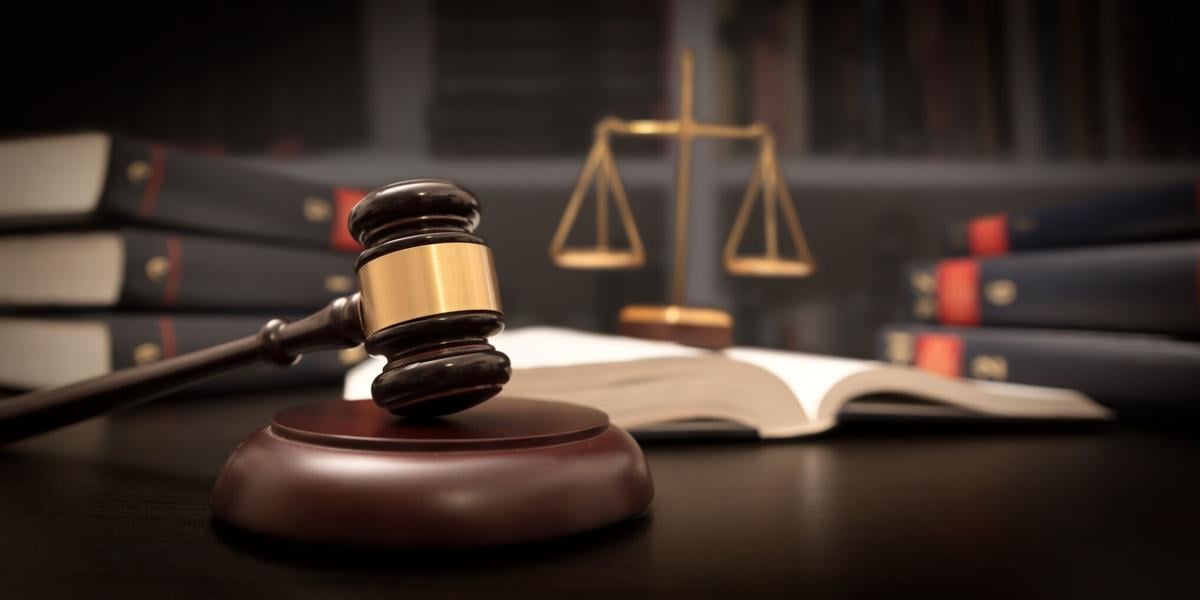PHOENIX — A judge late Tuesday rejected a last-minute bid by Republican interests in Arizona to keep polling places open in Maricopa County an extra three hours.
Attorney Kory Langhofer representing the Republican National Committee said there were problems at about 60 of the county's 223 polling places that resulted in tabulators being unable to read and tally filled-in ballots. The result, he said, is that some voters walked away to go to other polling places.
But Langhofer, also speaking for the campaigns of GOP gubernatorial hopeful Kari Lake and the Blake Masters campaign for Senate, said many found they could not vote at the new location at electronic poll books showed they already had cast a ballot at the first location. And he said all this makes a difference in what are expected to be close races.
"It's entirely possible that this issue, this disenfranchisement of voters today in Maricopa County, could determine who's our governor for the next four years and the majority control of the United States Senate," he told Maricopa County Superior Court Judge Timothy Ryan, what with that chamber now divided 50-50.
And the record in Arizona is that Republicans are more likely than Democrats to eschew early voting and instead go to the polls on election day.
The judge, however, said there was no evidence anyone actually was denied the opportunity to vote. He said all 223 locations were open from 6 a.m. until 7 p.m. as required by state law.
More to the point, Ryan said those whose ballots could not be immediately scanned were given the opportunity to instead deposit them in a sealed box and tallied after the polls closed at county election offices. And Deputy County Attorney Tom Liddy said that procedure of depositing ballots into boxes for later counting is the only option in many other counties.
Langhofer, however, said that was not an acceptable choice for some people who specifically chose to cast their votes in person because they wanted the ballots tabulated while they watched to ensure their votes would be counted. But the judge said, in essence, that was their decision even if they didn't like the process.
"It might have been a little unorthodox in their view," Ryan said. "But from what I've seen, they all got a collection of their vote, whether it was a provisional vote or put in a box that was collected and retained."
The judge said he assumes that under county protocols the votes will be processed — and that voters will be able to check online after Election Day to be sure that their ballots were counted.
And there was something else.
Roy Arellano, representing the Senate campaign of Democrat Mark Kelly, pointed out that the problems with the tabulators were publicly known as early as 9 a.m. on Tuesday. He argued — and Ryan agreed — that Langhofer and his clients, in waiting until about an hour before the polls closed to seek extended hours, effectively gave up their right to complain.
At the heart of the issue is that Maricopa County uses "voting centers" which allows people who are registered to vote to go to any location. That, by extension, means printing out individual ballots on site.
Bill Gates, who chairs the Board of Supervisors, said it turned out that the printers were not using enough toner to create dark enough images for the scanners to align and read the votes.
That left voters with three choices: Wait until the problem was solved, go to another location — or deposit the unscanned ballot into a sealed box with the promise it would be counted once it was brought to county election offices.
But the polling places did remain open. And the county did begin fixing the problems in the afternoon.
The challengers sought more than simply keeping the polls open until 10 p.m.
They also wanted procedures clarified to ensure that those who got a ballot at one location but chose not to cast it there were not turned away because they had been marked as already having voted.
Langhofer cited the experience of one voter who, unable to get his ballot immediately tabulated at one location, went to another, only to be told the record showed he had previously cast a ballot.
"Yet, it was not there," he said.
And it is situations like that, Langhofer said, that can make a difference in a really close race, which is why he wanted to allow voters like that an opportunity — after regular voting hours — to cast a new ballot.
Liddy, however, told Ryan that there is a problem with what Langhofer suggested.
"It would be a recipe for voter fraud," he said. Liddy said it would allow anyone to come in at the last minute and argue that they had not had an opportunity to vote despite what county records show.
"We violated the sacrosanct fundamental aspect of American constitutional democracy, and that is one person, one vote," he said.
Lines extend outside of the Woods Memorial Library on North First Avenue, one of the 129 centers Pima County voters can vote in person at from 6 a.m. to 7 p.m. Tuesday. Video by Pascal Albright / Arizona Daily Star





